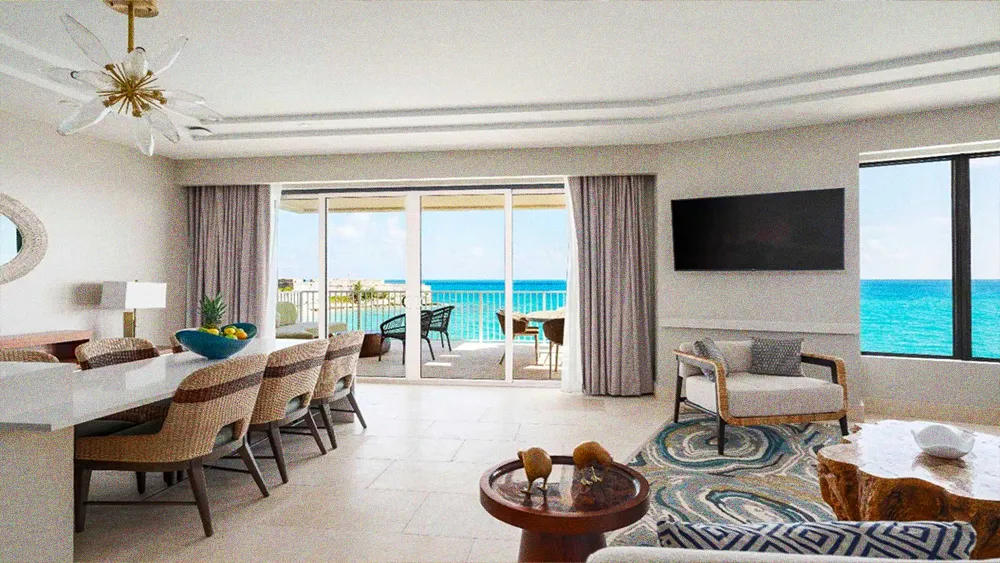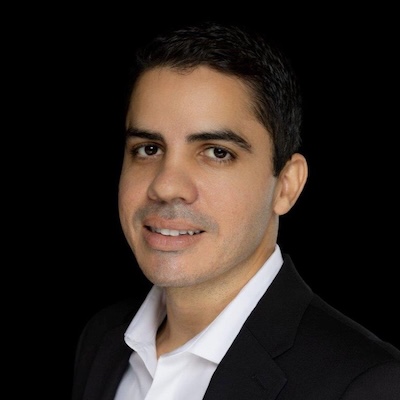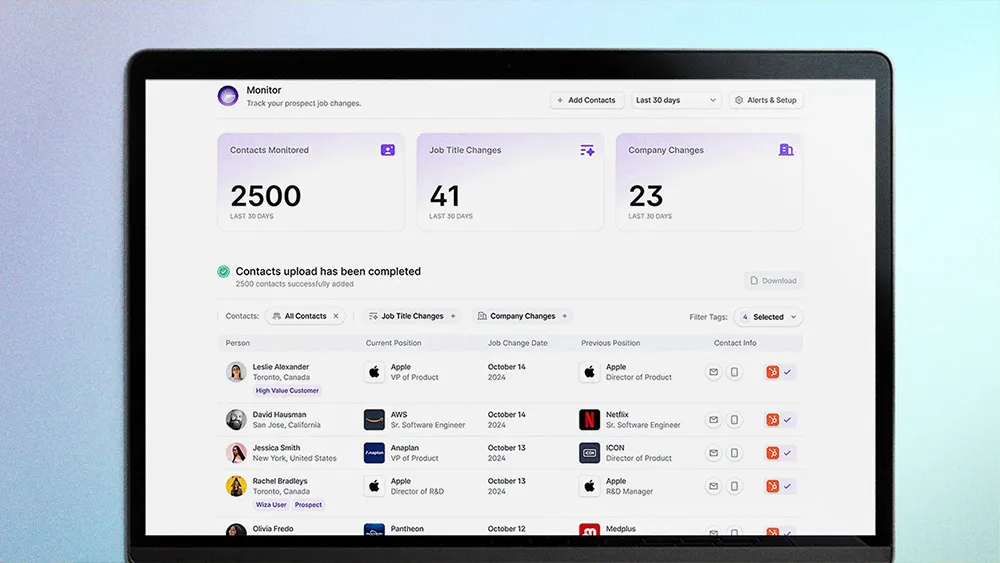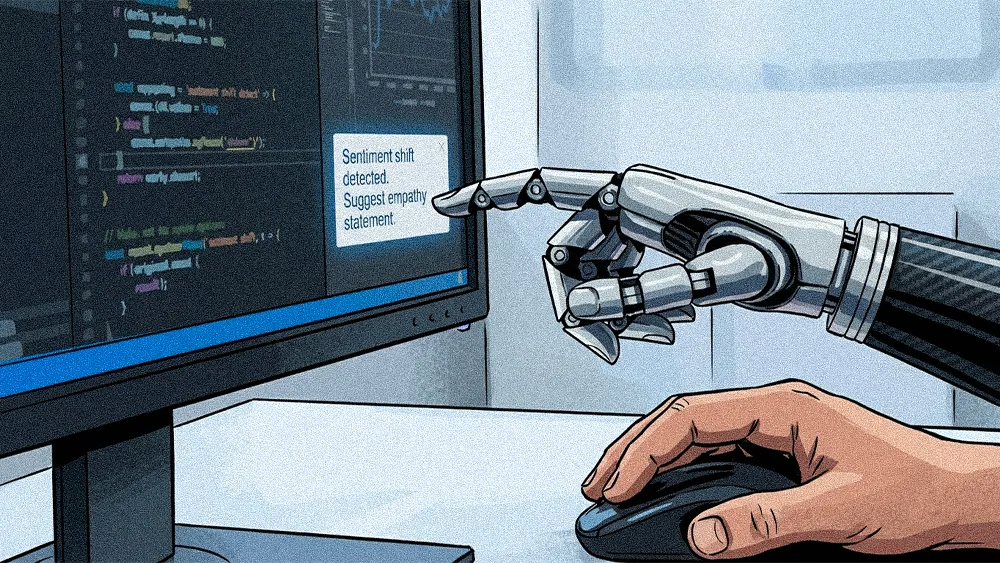
All articles
Inside Marriott International's Elegant, Integrated Strategy to Redefine Luxury Hotel Experiences
At Marriott International's Caribbean and Latin America luxury hotels, leaders combine invisible tech and sustainable design to create more authentic human connections and experiences.

Key Points
The traditional definition of luxury is changing for hotels as more travelers prioritize authentic, transformative experiences over material opulence.
A trio of Marriott International Caribbean and Latin America leaders explains how the luxury hotelier is using behind-the-scenes technology to handle logistics so staff can focus on delivering human-to-human services.
The approach blends sustainable design with modern solutions and empowers employees to create genuine, memorable, and lasting connections with both hotel guests and the surrounding communities.
Our goal isn’t for guests to see the technology—it’s for them to feel it. Innovation should enhance comfort effortlessly, with systems working quietly behind the scenes so our people can focus on caring for our guests.
The modern definition of luxury is changing. For a growing market of global travelers, what constitutes "luxury" is no longer confined by wealth, material opulence, and traditional symbols of extravagance. Instead, it emerges in a transformative experience, an unforgettable moment, and the opportunity to relax. Now, in an era increasingly defined by uncertainty, intangible qualities like tranquility, authenticity, and personal connection have become the most valuable new currency.
For additional insight into this vision of the future, we spoke with a trio of leaders bringing it to life at Marriott International's luxury hotels in the Caribbean and Latin America (CALA). Gamal El Fakih Rodriguez, Vice President of Operations for Luxury, Premium, and Residences; Ramon Batista, Senior Director of Engineering & Facilities; and Tatiana Feged Rivadeneira, Director of Sustainability. The conversation includes insights from each leader, but it begins with Rodriguez, whose personal reflections on the nature of luxury initially caught our attention.
"At Marriott International CALA, our philosophy is simple: let technology take care of the processes so that humans can take care of humans. When technology is behind the scenes handling everything from food waste and temperature control to housekeeping logistics, our associates have more time to focus on what truly matters: forging a personal connection that transforms the guest's experience," Rodriguez says. Already, that new approach is redefining the relationship between service and technology, he explains.
In service of service: For Batista, the goal of operational efficiency is to create an experience that allows the human element to shine even brighter than it did before. "Our goal isn’t for guests to see the technology—it’s for them to feel it. Innovation should enhance comfort effortlessly, with systems working quietly behind the scenes so our people can focus on caring for our guests."
Before leaders build a new future, however, they must first be more honest about the past. When discussing the inherent tension between traditional luxury and modern sustainability, for instance, the Marriott team is especially candid.
Reckoning with tradition: Such honesty about these challenges is what creates a foundation of trust at all of the properties under his purview, Rodriguez says. "In a luxury hotel, tradition dictates that we provide fresh bed linens every single day. But I always ask, 'What ultra-high-net-worth individual washes their linens daily at home?' Nobody does. It shows the difficulty in breaking these norms that the industry has set for years."
Widening the welcome: In some cases, the impact of that tension is palpable to the surrounding communities, he explains. For example, Rodriguez describes a highway built to facilitate easier travel for guests at the Ritz-Carlton Reserve. "But when I was driving it, I saw local communities that could have benefited from that road. That's a clear example of the contradiction. And it's something we are actively working to change."
For luxury hoteliers like Marriott International, that approach reflects a widespread embrace of sustainability, cultural authenticity, and collective well-being as core design tenets. Part of the solution is the physical construction of the hotels, Batista continues.
Architecture of authenticity: Here, a unique philosophy of "presence" is built directly into the hotel's very foundation. "We try to fit into the area, not change it. We want to fade into the local environment without affecting the ecosystem or the local aesthetics, and that includes even the color of the concrete we use," Batista explains.
Sunny-side AI: Meanwhile, the bedrock of that support is an invisible framework of technology designed to automate processes and manage resources behind the scenes, Rivadeneira explains. "Our properties use an AI tool to reduce food waste. The software might tell the kitchen, 'You're producing too much scrambled egg on Thursday,' which allows for more accurate forecasting moving forward."
Beyond financial metrics, design and technology serve another equally important purpose: empowering the company's many employees. In an age of automation, that focus reinforces the idea that the human touch remains a key factor in building loyalty.
Unscripted storytellers: At Marriott International, a key indicator of success is the staff's ability to create memorable, human-to-human connections. Here, staff are encouraged to tell the stories of their land, Rodriguez explains. "At a hotel built over protected mangroves, I once saw a staff member calmly reframe the situation for a guest upset about a raccoon eating her burger. She explained to the guest, 'Don't forget that at the end of the day, we are the invaders here. It's not the raccoon invading our space.' Shortly after, the guest completely calmed down."
Now, success is measured by the emotional connection that Marriott International inspires, one that technology alone cannot—an impact that often extends from the guests themselves to the very communities in which its hotels operate. For example, "By changing our policy in Mexico to give all hotel staff two days off, we are fundamentally changing their quality of life," Gamal explains. Eventually, the narrative circles back to the subject of creating meaningful experience.
For this team, the real sign of success is a guest who returns year after year, having formed what they call a "love relationship" with the property. But the final word on this new approach perfectly contrasts the old symbols of wealth with the new currency of well-being. "When many people think about luxury, they think about gold, cars, and marble floors," Batista concludes. "For us, that definition of luxury no longer exists. Now, luxury is a place to sit down and be quiet. It's knowing the food you're eating is responsibly sourced." And, for other companies on this journey, the goal is equally clear. "You will never be perfect. But what is important is progress. If we are making progress in the right direction, then we are all winning."







